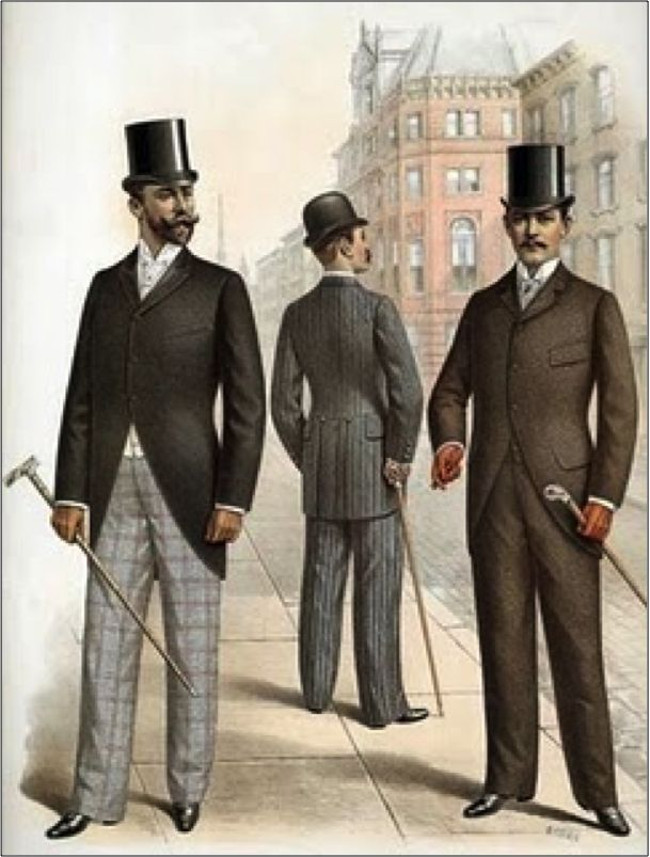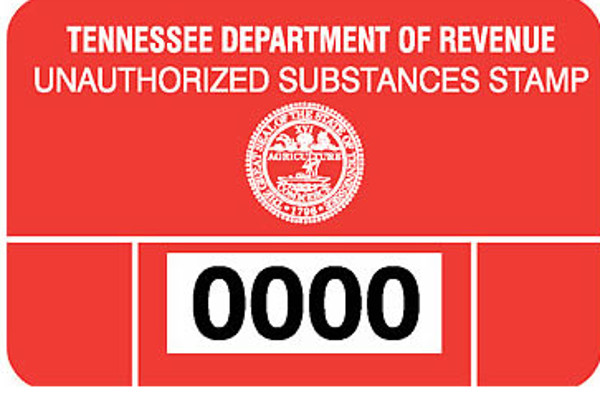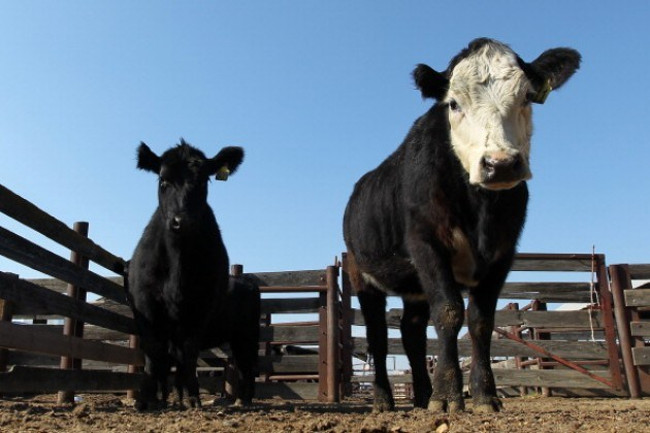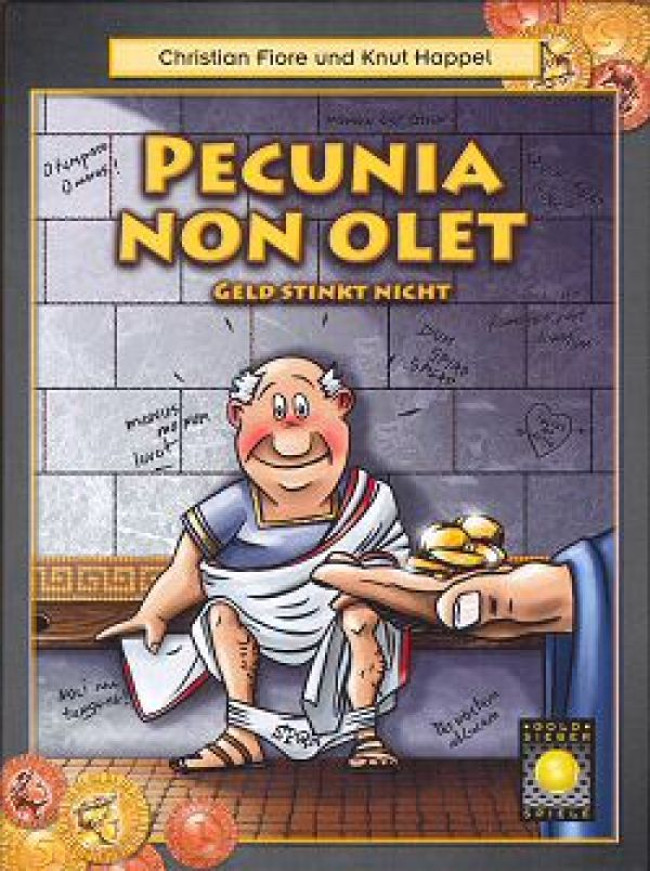Strange taxes in the world
In the economic history of the world there exist some strange types that no one can imagine such as: beard tax, cap tax, window tax . In Russia, in the 17th century all people Bearded men pay 60 rubles for those in the aristocracy, high-class merchants, 100 rubles and 60 rubles.
1. Beard Tax

At the end of the 17th century, Russian Emperor Peter the Great applied a tax on the face of the man. That is the beard tax. By law, all bearded men pay 60 rubles for those in the aristocracy, high-class merchants, 100 rubles and 60 rubles.
Beard tax was also issued at Henry VIII issued in England in 1535.
2. Hat Tax

The tax was issued in 1784 to make money from rich and prominent people. By law buyers of hats must pay 2 shillings (0.02 USD) in taxes. Tax evasion is an offense and punishment even sentenced to death.
3. Tax playing cards
In the Middle Ages , playing cards was a popular activity of people in England. The kings realized this was a good opportunity to exploit the people. And the playing tax has been issued. King James I printed the images with the army or Ace of spades to give to those who paid taxes. Tax evaders may be imprisoned.

Full taxpayers will be given a card like this .
This tax was maintained until August 1960, when the British government ordered casinos to be responsible for paying taxes on behalf of card players.
4. Taxes on products are considered . candy

In September 2009, the Illinois State Government decided to tax candy higher than other food taxes. But any food that is considered candy to be subject to higher taxes is controversial. And the Illinois State Department made the definition: "Foods that need to be refrigerated, and ingredients that are not only wheat flour will be considered candy " is ridiculous.
Under this regulation, yogurt will normally be considered food, while fruit yogurt with other ingredients will be considered candy and higher taxable.
5. "Cowardly" tax

This special tax was issued in England by King Henry I (1100 - 1135). All citizens who do not want to fight must pay this tax. At first, the tax was very low but by the time of King John (1167 - 1216) it had increased to 300%, even applied to all soldiers in the years without war.
After more than 300 years of circulation, this tax was abolished in 1412.
6. Prohibited sales tax

On January 1, 2005, in Tennessee, the National Assembly allowed illegal trading of drugs like marijuana, opium, cocaine . Merchants of these items must pay a certain tax and be stamped to legalize their business. Currently, there are 22 countries in the world applying this tax.
7. Taxes "deflated"

In 2003, the New Zealand Government issued a "deflated" tax, one of the efforts to implement the Kyoto Protocol on reducing greenhouse gas emissions. And the subject of this tax is farms - which are considered to emit 50% of the greenhouse gas in this country every year. This tax has met with opposition from farmers and eventually the Government has abolished this ridiculous tax.
8. Urine tax

In 74 AD, Roman Emperor Vespasian bounced off the world's first public toilet-building initiative to create a budget. When his son protested the tax, Vespasianus put a tax on his nose and said, "Pecunia is not olet."
9. Tax window

King William III imposed a window tax, one of the most bizarre taxes in the UK in 1696 to make up for the budget that was in short supply. As a rule: each house is allowed to build up to 10 windows, if too, it will have to pay 2 shillings per year for each additional window.
You should read it
- ★ 2020 stimulus check: How to use the $1,200 coming in the mail
- ★ How to install and configure Java tax declaration online
- ★ Coronavirus tax extension: Why you still might want to file by April 15
- ★ 5 tax tips for Uber, Lyft and other side-hustles
- ★ Coronavirus stimulus check is official: Find out if you're eligible for up to $1,200